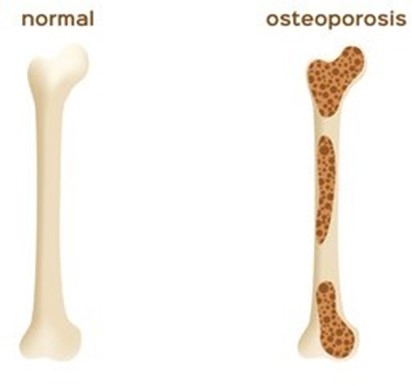A nurse is caring for a client following major spinal surgery who is reporting pain. The client's partner tells the nurse, "I wish I could do something to make my wife feel better." Which of the following responses should the nurse make?
"It must be very difficult for you to see your wife in pain."
"I wish there was more that I could do to relieve your wife's pain, too."
"I'm sure your wife will begin to feel better soon."
"We're doing everything we can to keep your wife comfortable."
The Correct Answer is A
Answer: A
Rationale:
A) "It must be very difficult for you to see your wife in pain.": This response acknowledges the partner's feelings and provides emotional support. It shows empathy and validates the partner's experience, helping to build rapport and trust between the nurse and the family member.
B) "I wish there was more that I could do to relieve your wife's pain, too.": While this response expresses sympathy, it might unintentionally convey a sense of helplessness or inadequacy on the part of the nurse, which could increase the partner's anxiety or frustration.
C) "I'm sure your wife will begin to feel better soon.": This response is intended to be reassuring, but it can come off as dismissive of the partner's current concern and may not address their immediate emotional needs. It also makes a promise that the nurse cannot guarantee.
D) "We're doing everything we can to keep your wife comfortable.": This response provides factual information about the care being provided, but it does not address the partner's emotional distress. It focuses on the actions of the healthcare team rather than acknowledging the partner's feelings.
Nursing Test Bank
Naxlex Comprehensive Predictor Exams
Related Questions
Correct Answer is D
Explanation
When collecting data from a female client who has anorexia nervosa, the nurse should expect a finding of low bone density.
Anorexia nervosa is an eating disorder characterized by self-starvation, distorted body image, and a fear of gaining weight. Clients with anorexia nervosa are at risk for severe malnutrition, which can lead to a variety of complications, including bone loss and osteoporosis.

Options A, B, and C are incorrect findings in a client with anorexia nervosa. Decreased cholesterol levels may be an indication of malnutrition. Heavy monthly periods, or menstrual irregularities, may occur in clients with anorexia nervosa because of the hormonal changes that can result from severe weight loss. Elevated serum potassium levels are not a common finding in a client with anorexia nervosa.
Correct Answer is A
Explanation
Sertraline is a medication used to treat depression and other mental health conditions that can cause unwanted side effects. Excessive sweating and muscle twitching are potential side effects that should be immediately reported to the healthcare provider. A dry cough is a common side effect of other medications and not specific to sertraline.
Decreasing sodium intake is not necessarily related to the medication, and harmless, temporary changes in the ability to taste and smell are not significant enough to warrant special mention.
 Choice B, "This medication can cause a dry cough," is a potential side effect of other medications and may cause confusion as to what medication the client is taking.
Choice B, "This medication can cause a dry cough," is a potential side effect of other medications and may cause confusion as to what medication the client is taking.
Choice C, "I need to decrease my sodium intake while on this medication," is not likely a statement related to sertraline but to other medications or medical conditions.
Choice D, "This medication can cause harmless, temporary changes to my ability to taste and smell," while accurate, is not the most critical information for the client to know about and may cause confusion as to what the client should report to the provider.
Whether you are a student looking to ace your exams or a practicing nurse seeking to enhance your expertise , our nursing education contents will empower you with the confidence and competence to make a difference in the lives of patients and become a respected leader in the healthcare field.
Visit Naxlex, invest in your future and unlock endless possibilities with our unparalleled nursing education contents today
Report Wrong Answer on the Current Question
Do you disagree with the answer? If yes, what is your expected answer? Explain.
Kindly be descriptive with the issue you are facing.
